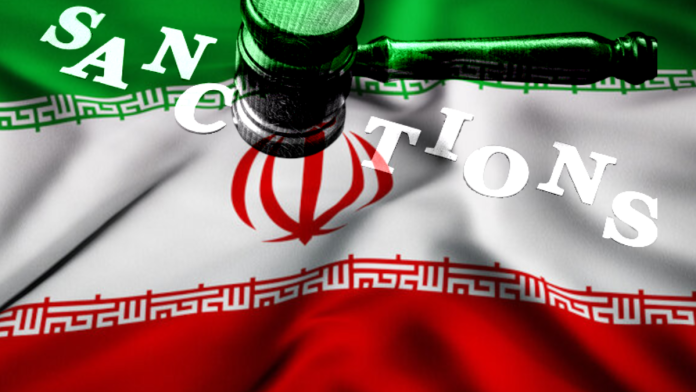Top diplomats from France, Germany, the United Kingdom, and the European Union have informed U.S. Secretary of State Marco Rubio that they will activate the “snapback” sanctions mechanism against Iran. The decision is expected to be announced on Thursday and marks a significant escalation in the long-running dispute over Iran’s nuclear program.
The “snapback” mechanism was created as part of the 2015 Iran nuclear deal. That agreement aimed to limit Iran’s nuclear activities in exchange for relief from international sanctions. The mechanism allows any party to the deal to demand that all United Nations sanctions return if Iran is seen as breaking its commitments.
In simple terms, snapback sanctions mean that strict penalties automatically come back into force without needing a new UN vote. These penalties include limits on trade, banking, and arms sales, making it extremely difficult for a country to connect with the global economy. Once the process is triggered, it takes about 30 days for the sanctions to be fully restored.
Ukraine drone strike damages Kronstadt plant as sanctions and debt expose weaknesses
Why Europe Is Triggering Snapback Sanctions
Over the past months, European powers had given Iran until the end of August to make key changes to its nuclear program. These changes included resuming talks with the United States, providing access to United Nations inspectors, and allowing checks on stockpiles of uranium enriched to 60 percent.
Diplomats from Europe and Iran met in Geneva earlier this week in hopes of avoiding sanctions. However, the discussions ended without progress. According to those with knowledge of the meeting, Iranian representatives did not present clear proposals or solutions. This lack of engagement left European powers with little choice but to move forward with the sanctions process.
Officials said Iran’s actions have shown no willingness to meet its obligations under the nuclear deal. They stressed that their decision was not sudden, but the result of years of repeated violations and stalled diplomacy.
🌐 US targets Greek shipping network linked to Iranian crude exports
Iran’s Response to Snapback Sanctions
Iran’s deputy foreign minister, Kazem Gharibabadi, said the European move would not go unanswered. He warned that Iran could retaliate by suspending cooperation with the International Atomic Energy Agency, which is responsible for monitoring nuclear programs around the world.
Iran has also raised the possibility of leaving the Nuclear Non-Proliferation Treaty (NPT). The NPT is a global agreement designed to prevent the spread of nuclear weapons. Almost every country in the world has signed it. The treaty allows nations to use nuclear energy for peaceful purposes, such as electricity production, but restricts the development of nuclear weapons. If Iran were to withdraw, it would reduce international oversight and raise new concerns about the direction of its nuclear program.
The European decision is also linked to timing within the United Nations. The sanctions process takes 30 days, and European diplomats want it concluded before October, when Russia assumes the rotating presidency of the UN Security Council. That change could make the process more difficult.
Despite the firm decision, European officials have stated they are still open to diplomatic discussions during the 30-day period. They stressed that triggering snapback sanctions does not completely close the door to talks, but it does apply maximum pressure on Iran to respond.
For now, the return of sanctions means economic strain for Iran. The restoration will revive restrictions lifted in 2015, hitting areas such as trade, finance, and weapons sales. These measures are expected to further tighten conditions on Iran’s already struggling economy, while also heightening tensions with Europe and the United States.
